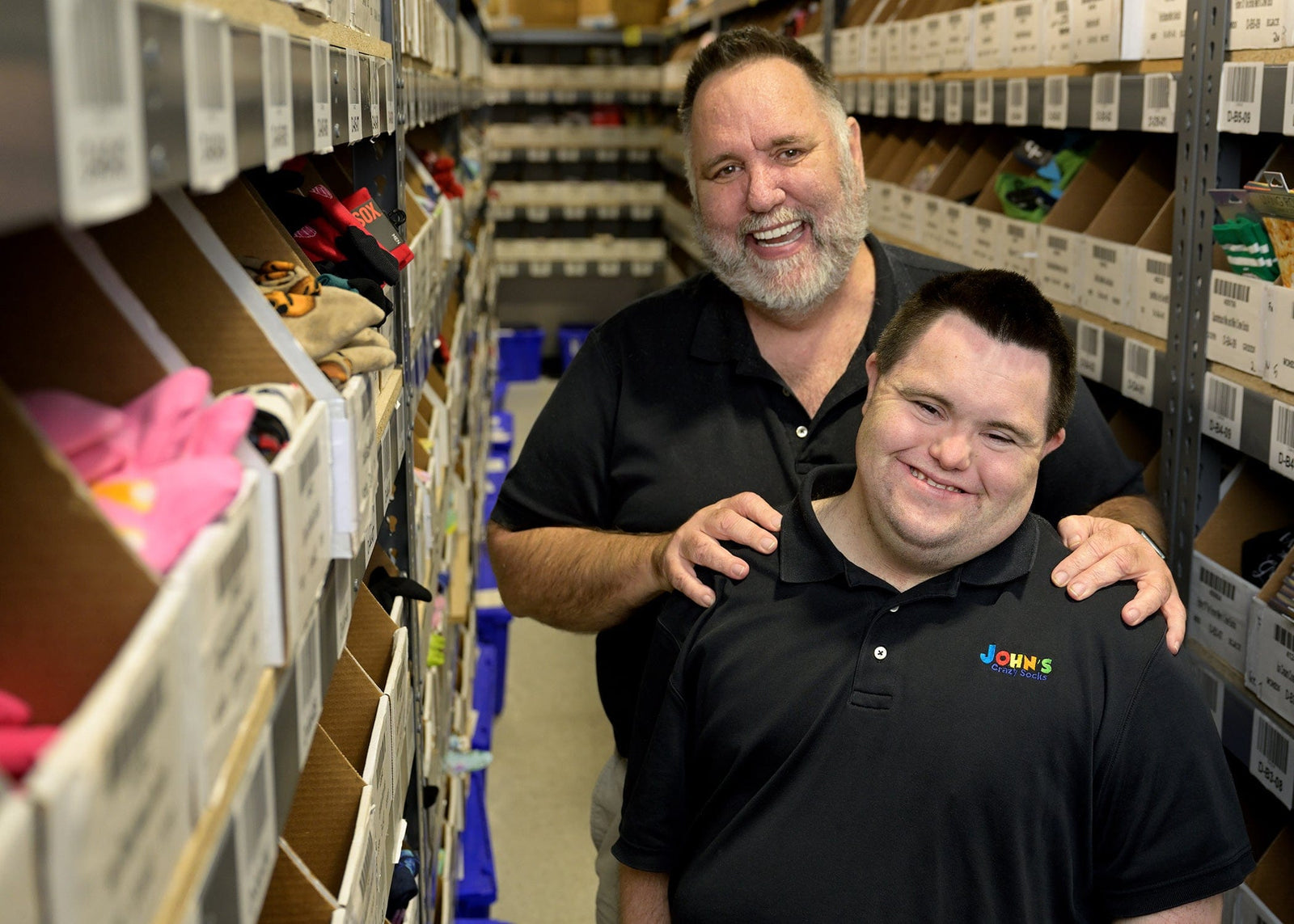Last week, Robert F. Kennedy Jr., the Secretary of Health and Human Services, said some things about people with autism that were wrong and insulting. My Dad wrote a response and I want everyone to read it.
Autism and the Value of a Life: A Response to Secretary Kennedy
Last week, Robert F. Kennedy Jr., the Secretary of Health and Human Services, issued a series of statements about autism that have sparked a national dialogue. As the head of a major government department, his words carry weight and merit a thoughtful, measured response.
This essay is not just a critique; it is a vision for how we can think better, act better, and lead better. At its core, it is a call to replace fear with understanding and to reaffirm the dignity of every human life.
What Secretary Kennedy Said
Secretary Kennedy described children with autism in stark, despairing terms:
“Autism destroys families and more importantly it destroys our greatest resource, which is our children. These are children who should not be suffering like this. These are kids who will never pay taxes, they'll never hold a job, they'll never play baseball, they'll never write a poem, they'll never go out on a date — many of them will never use a toilet unassisted. And we have to recognize we are doing this to our children."
He characterized autism as a "preventable disease" and claimed environmental toxins, not genetics, were to blame. These statements demand a response grounded in science, empathy, and lived experience.
Understanding Autism
Autism, or autism spectrum disorder (ASD), is not a disease. It is a lifelong neurodevelopmental condition. As the UK's National Health Service puts it:
- Being autistic does not mean you are ill.
- You're born with it, and it's a lifelong identity.
- Autism is not something to be cured, but understood.
There has been a dramatic increase in autism diagnoses. In 2000, the CDC estimated 1 in 150 individuals were diagnosed. Today, it's about 1 in 31. This shift should prompt inquiry, not alarm.
Much of the increase stems from expanded diagnostic criteria, greater awareness, and better access to testing. ASD is now classified into three levels based on support needs:
|
Level |
Description |
Support Needed |
|
Level 1 |
Requiring support |
Mild; some support needed |
|
Level 2 |
Requiring substantial support |
Moderate; substantial support |
|
Level 3 |
Requiring very substantial support |
Severe; very substantial support |
Only about a quarter of individuals fall into Level 3, or what some label "profound autism." Secretary Kennedy’s remarks reflected this subgroup but failed to acknowledge the full spectrum.
Debunking the Vaccine Myth
Secretary Kennedy is known for linking vaccines to autism. Yet, extensive studies have shown no causal connection. While ongoing research into environmental factors is welcome, the evidence does not support the claim that vaccines are to blame. Let us continue the research without diverting energy from proven interventions.
Do We Need a "Cure"?
Autism is not a pathology to be fixed. It is a different way of experiencing and engaging with the world. Seeking a cure implies people with autism are broken. That notion is not only false, it is offensive.
My youngest son, John, has Down syndrome. He has faced medical challenges, including open-heart surgery. When there is a treatable condition, we pursue treatment. But curing John of Down syndrome? That would erase who he is.
It is the same with autism. It is a part of a person’s identity. To remove it would be to fundamentally alter who they are. Our goal should be support, not eradication.
Misrepresenting the Autism Community
Secretary Kennedy's remarks painted a bleak picture. But autism does not preclude a rich, full life. Elon Musk, Temple Grandin, Dan Aykroyd, and Anthony Hopkins all identify as autistic. I know autistic programmers, artists, and colleagues who excel in their fields.
At my own company, we employ people with autism who are dedicated, capable, and joyful. They are productive, enthusiastic and light up the workplace with their talents.
By focusing only on the most severe challenges, Secretary Kennedy misrepresented a broad and diverse community. Autism is not a tragedy. It is a form of diversity that enriches us all.
On Family and Love
Raising a child with a disability can bring added challenges. But it also brings deeper connections, growth, and joy. My family is stronger because of John. He has made my wife and me better parents and his brothers better men.
Yes, families need more support. But that is a call for policy innovation, not shame or pity. Let us invest in what works: inclusive education, accessible services, and community-based solutions.
What is the Value of a Life?
Perhaps the most troubling part of Secretary Kennedy’s comments is the implied calculus: that a life without economic productivity is less valuable.
Let’s start with a basic premise: all life has dignity and value and cannot be reduced to an economic calculation. There is beauty and wonder in every human life, starting with the coos and giggles of an infant to the model walking the runway to the poor child begging for food to the plumber covered with sweat and grime after a day’s work to the accountant pouring over tax forms to the middle-class woman getting her nails done at the local salon.
Our children, who need our care, are not a burden, but offer us joy and meaning if only we can see it. Caring for an elderly parent, is not a burden or merely an obligation, but another opportunity to experience joy and purpose. If our child develops a disease that could manifest as a drug problem, we do not abandon them, we hug them harder and hold them closer.
Human worth is not measured by tax returns or job titles. It is seen in laughter, in relationships, in the simple beauty of a life lived with dignity. People with autism do write poems, do play baseball, do hold jobs. But even if they don’t, their life still holds infinite value.
All life has worth. Period.
An Invitation
I invite Secretary Kennedy to visit our business and see the highly productive work our colleagues with autism perform. See the joy they bring to our workplace and our lives. See the taxes they pay. Speak with families who are thriving, not in spite of autism, but because of the joy and purpose it adds to their lives.
And he need not visit us. He can speak to his cousin, Tim Shriver, who leads the Special Olympics, or another cousin, Anthony Shriver, who leads Best Buddies, to see first-hand the beauty and dignity of people with autism.
Closing Thought
Autism is not a crisis. Ignorance is. Let us rise above fear. Let us embrace differences. And let us build a world where every person — autistic or not — is seen, supported, and celebrated.
My life, and our world, is better off because of people with autism. I welcome Secretary Kennedy’s attention and concern, but reject his view that people with autism are a burden and worthy only of pity. Everyone on the spectrum carries their own story, offers their own beauty, they are patient with us, waiting for us to catch up.
Mark X. Cronin
Co-Founder with John of John's Crazy Socks




